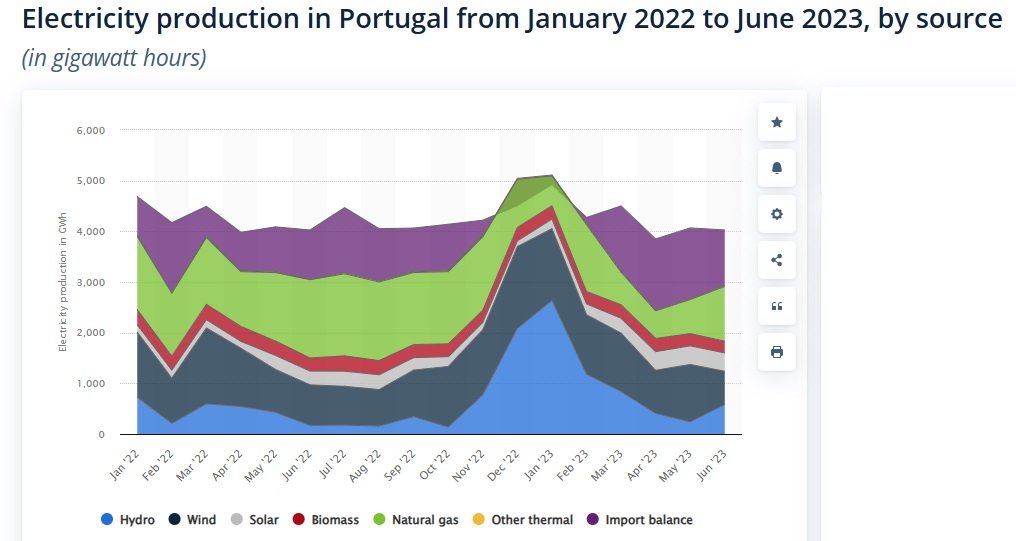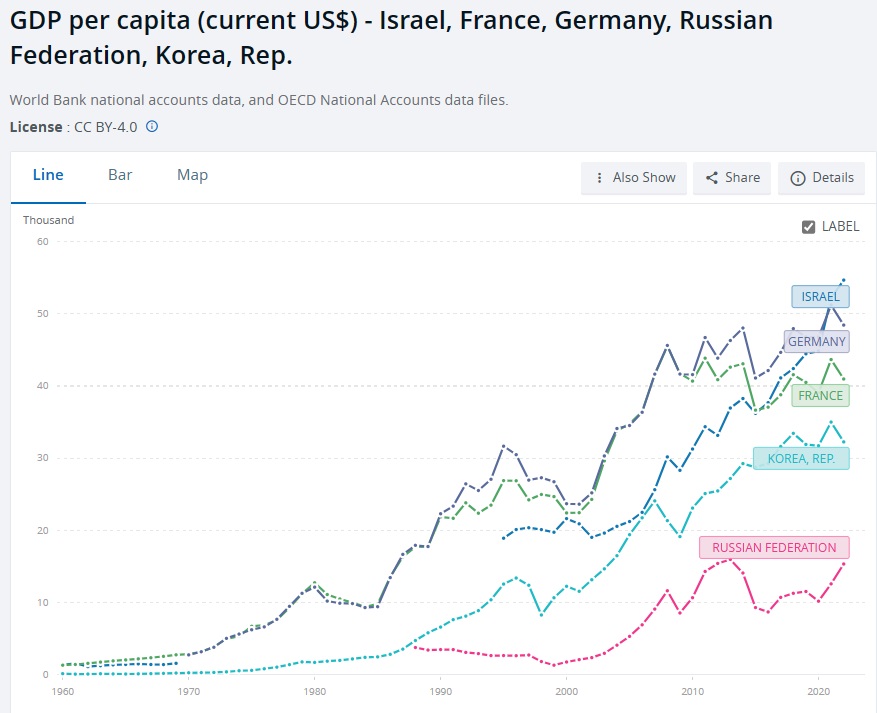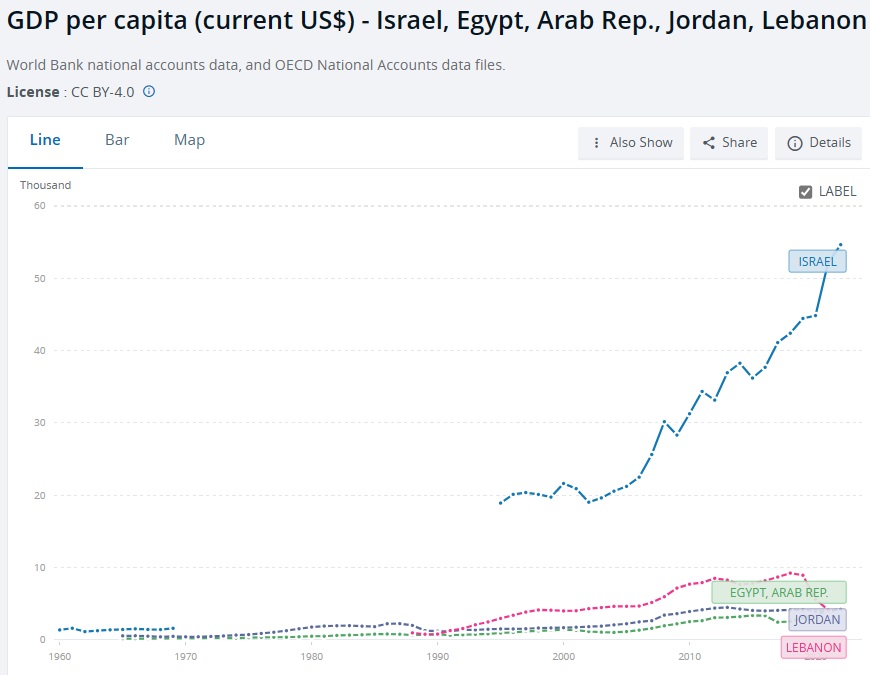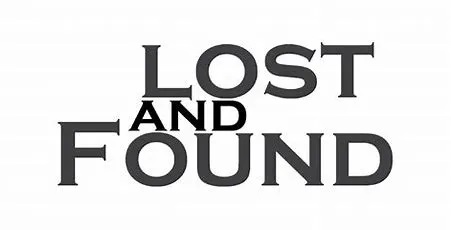Monday afternoon driving southbound on I-5 (not “The 5,” silly Californians), just north of the charming hamlet, Mount Vernon (the one in Washington state, not America’s founding father’s home, silly Virginians), we were admiring a beautiful sunset to our right out the passenger side window when we glanced to our left and saw the rising moon. A simultaneous sunset and moonrise. It made one not only feel alive but feel good to be alive. Just a few miles south from where we were driving is a bucolic view of the bend in the Skagit River, lush green surrounding the graceful watery curve, making one feel as if they were catching a glimpse of the Shire. Is that Frodo or Sam we see in the distance tamping down their pipes? That view can only be caught when driving north on I-5, as we had been doing early that morning.
All of this makes us feel as if Mount Vernon is a special place, somewhere we should spend time rather than just driving through at top speeds. Perhaps that is life itself, a journey too often sped through rather than savoring those special moments, those special views. We slow down to examine six days of clean energy in Portugal, ask what we don’t know about Israel’s economy, and ponder what was lost by China’s not liberalizing politically. It’s this week’s International Need to Know, where the sun never sets on international information and the moon rises over global data.
These photos are a better illustration of our inadequate photography skills than of the magic of that moment. But at least no vehicles were harmed in the taking of these snapshots.
Check out our latest Substack article, What Was Lost: What if China Liberalized Politically As It Grew Economically?
If ever there was proof that the fallen can enchant and enlighten it was Shane MacGowan. RIP
Without further ado, here’s what you need to know.
And On The Seventh Day
From October 31 to November 6, Portugal was powered by nothing but renewable power, according to Canary Media. A combination of hydro, solar and wind kept the country of 10 million people lit up (and we don’t mean from sangria), heated and cooled. On the seventh day it rested…with imported fossil fuels. Portugal was early in the decarbonizing effort, setting a year 2050 zero carbon goal in 2016, a few years ahead of when the E.U. did so. Those six days of only renewable power were somewhat lucky: it was especially windy and rainy which enhanced wind and hydro power generation. Nonetheless, Portugal not only took care of its own needs that week but also exported clean energy to Spain. What about for the year leading up to that period? From January through October, “gas generation made up 21 percent of electricity consumption.” But gas generation fell 39 percent during that 10-month period from the year before. To turn six into 365, the country is looking at adding more off-shore wind, a lot more solar and utilizing batteries for storage. When it’s windy and rainy there’s more wind power which means less solar so storage will be the key. Fortunately batteries are becoming better and more efficient. The 2020s will see many more countries achieving six days of clean energy generation and Portugal likely achieving weeks of it.
“I Don’t Know” and Israel’s Economy
It’s been a while since we’ve reminded people (perhaps most especially ourselves) that the three most underused words in the English language are “I don’t know.” This is certainly true when considering Israel’s economy. Certainly it has a successful technology economy as was chronicled a few years back in the book Start Up Nation, one of whose authors we knew back in Washington, DC many years ago. As you can see in the two charts below, Israel’s economic success is remarkable. In the first chart you can see its GDP per capita compares favorably to countries in Europe. In the second chart, Israel’s economy towers over its immediate Arab neighbors. Why has Israel’s economy been so much more successful than these countries? What are the implications for aid to Israel from Western countries? How would circumstances have been different for Palestinians, if at all, if Israel’s neighboring countries were more successful economically? How would Israel’s security circumstances be different if it actively cooperated to help the West Bank and Gaza be more successful economically? For some of these questions we have possible answers based on data, for many we only have the three most underrated words in the English language.
China Corner: What Was Lost?
You may have seen the Financial Times article this week documenting China’s systematic efforts to destroy Islam in China, including by modifying mosques all across the country. The article states, “Satellite imagery shows at least 1,714 buildings have been altered, stripped or destroyed.” This is not just in Xinjiang where China’s government has committed crimes against Uyghurs, a Muslim minority group. As we noted at the top of this week’s missive, we wrote a Substack about what the world lost by China not liberalizing politically as it grew economically like other countries, such as South Korea and Taiwan did. As we note in the article, even democratic countries discriminate against minority groups so there’s no guarantee Muslims in China would have been treated great the last decade if China had liberalized politically. But as we wrote in What We Lost, “…certainly there would have been a better chance that more than one million Uyghurs would not have been swept up into “reeducation” concentration camps under a liberalized China.” And 1,714 mosques likely would not have been modified either, unless this is all part of some infrastructure stimulus program for China’s slow economy.






